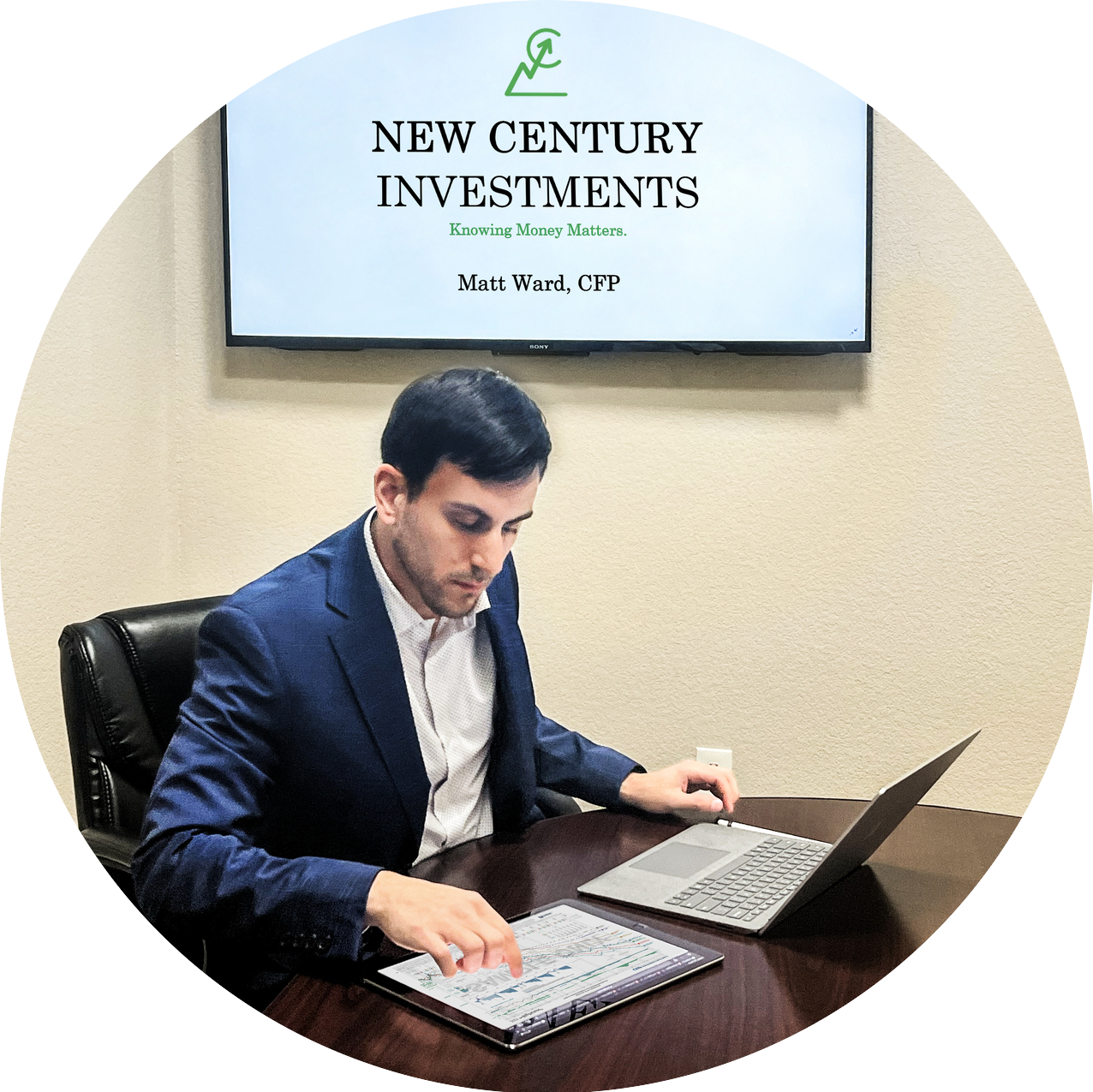Navigating the financial landscape can often trigger a rollercoaster of emotions. From the thrill of a successful investment to the anxiety of a market downturn, our finances are inextricably linked with our emotional state. However, it’s crucial to maintain emotional equilibrium to make sound financial decisions.
Emotionally charged decisions can lead to impulsive actions, often resulting in suboptimal financial outcomes. It’s common to allow fear or greed to sway our financial choices, particularly in times of economic uncertainty. Therefore, recognizing and managing these emotional reactions is a key component of effective financial management.
One technique to manage emotions in finance is to adopt a long-term perspective. Short-term market fluctuations can evoke strong emotional reactions, but viewing these in the context of your long-term financial goals can help keep emotions in check. It’s also beneficial to establish a well-considered financial strategy, which can provide a roadmap to guide your financial decisions, reducing the likelihood of emotionally driven responses.
For those looking to delve deeper into the topic of managing emotions in finances, there are various resources available. One option is to seek guidance from a financial advisor or planner who can provide personalized advice and support tailored to your specific financial circumstances and emotional reactions.
Additionally, there are numerous books, articles, and online courses that discuss the intersection of emotions and finance. These resources can provide valuable insights and tips on managing emotions to make sound financial decisions. Furthermore, engaging with a community or support group of like-minded individuals can also be helpful in navigating the emotional aspect of finances. This allows for shared experiences, perspectives, and advice from others who may be facing similar challenges.
Managing emotions in finances is a critical aspect of achieving financial success and stability. By recognizing, understanding, and managing our emotions, we can make sound financial decisions and avoid impulsive actions that may lead to negative outcomes. It’s important to adopt a long-term perspective, establish a solid financial strategy, and seek support from resources and communities when needed. With practice and patience, we can develop emotional resilience in our finances and achieve our desired financial goals. So, let’s continue to prioritize our emotional well-being as we navigate the world of finance.
About Matt
Matt Ward is a financial advisor and the president of New Century Investments, an independent investment advisory firm serving business owners, pre-retirees, and retirees in the Dallas-Fort Worth area and beyond. Matt is passionate about integrating investing, planning, and tax management into a holistic approach. Matt’s breadth of knowledge and experience in both taxes and investment management sets him apart, giving him the ability to design, advise on, and manage business strategies, tax efficiency, and retirement planning. He is known for his care and attention to detail and works hard to develop personal relationships with each of his clients so they can benefit from his customized service and guidance. He loves walking with his clients through their financial journey, supporting them and celebrating with them as they reach their goals.
Matt graduated from Texas Tech University with a bachelor’s degree and is a certified financial planner™ and chartered retirement planning counselor℠ professional. When he’s not working, you can find Matt hiking, playing the guitar, and spending time with his family. To learn more about Matt, connect with him on LinkedIn!
Matt’s Corner





